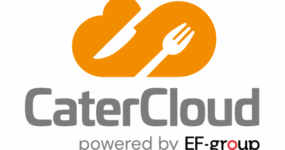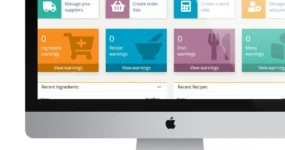
Since the launch of allergen regulations for food service in the UK in 2014 many businesses have, and continue to do, a policy that explains to customers that despite their excellent allergen management they cannot guarantee that any of their products are entirely allergen free, because of their busy kitchens and suppliers labelling “may contain” on their products.
In education and health care settings caterers do their utmost to provide dishes that are free from allergens for hypersensitive customers. There is, however, a vast difference in the way caterers deal with special diets, and a lot depends on the type of company.
Businesses have become obsessive about litigation and prosecution and when asked to produce a menu for a school pupil who has an allergy or are intolerant to a certain ingredient, this business goes into overdrive to accommodate the request, but as this involves several people at head office, it can take some weeks to return to the original customer to offer their solution of a bespoke meal offer.
More agile businesses empower and train their chefs, and this includes how to navigate consultation with the customer (with their parent or carer) on what food and drink ingredients need to be avoided and what the child would like to eat.
Both business types are protecting themselves from prosecution and, of course, being 100% customer safe, but businesses that needlessly elongate the special diet dialogue do tend, un-surprisingly, to come off worse reputationally.
What has been particularly disappointing since the new labelling laws for PPDS, that came into force in October 2021, is that some operators have gone to extreme cost and sophistication to develop and implement super labelling machinery and software and then at the bottom of their labels it reads- not suitable for people with allergies!
For any hypersensitive customer, a PPDS product with this label disclaimer is an absolute DO NOT TOUCH.
‘May contain’ labelling or Precautionary Allergen Labelling (PAL) when used correctly identifies an ingredient that was not intentional in the recipe. For manufacturers this can be used for those with shared machinery who can pinpoint that one dish cannot be free from a particular allergen as the same piece of kit processes another.
Caterers will buy in ‘free from’ products to meet demands and the ‘free from’ industry has bourgeoned and there is a mass of great products out there! Another gripe caterers have, however, is that some of these ‘free from’ products will have allergen warnings that the product may indeed contain the free from allergen anyway and this equally applies to many vegan processed products!
At the NACC Winter Seminar in Manchester, what was overwhelmingly impressive was the work of dieticians in these specialised fields who assist caterers with menu development – a real showcase of the absolute best special diet operators!
By now caterers can see the financial benefits of effective special diet catering in schools, healthcare and many more settings and developing a fast and efficient (and safe) method to deliver these can only improve reputation and finances!
Julian Edwards FIH, FCSI, CFSP. CEO: Allergen Accreditation


